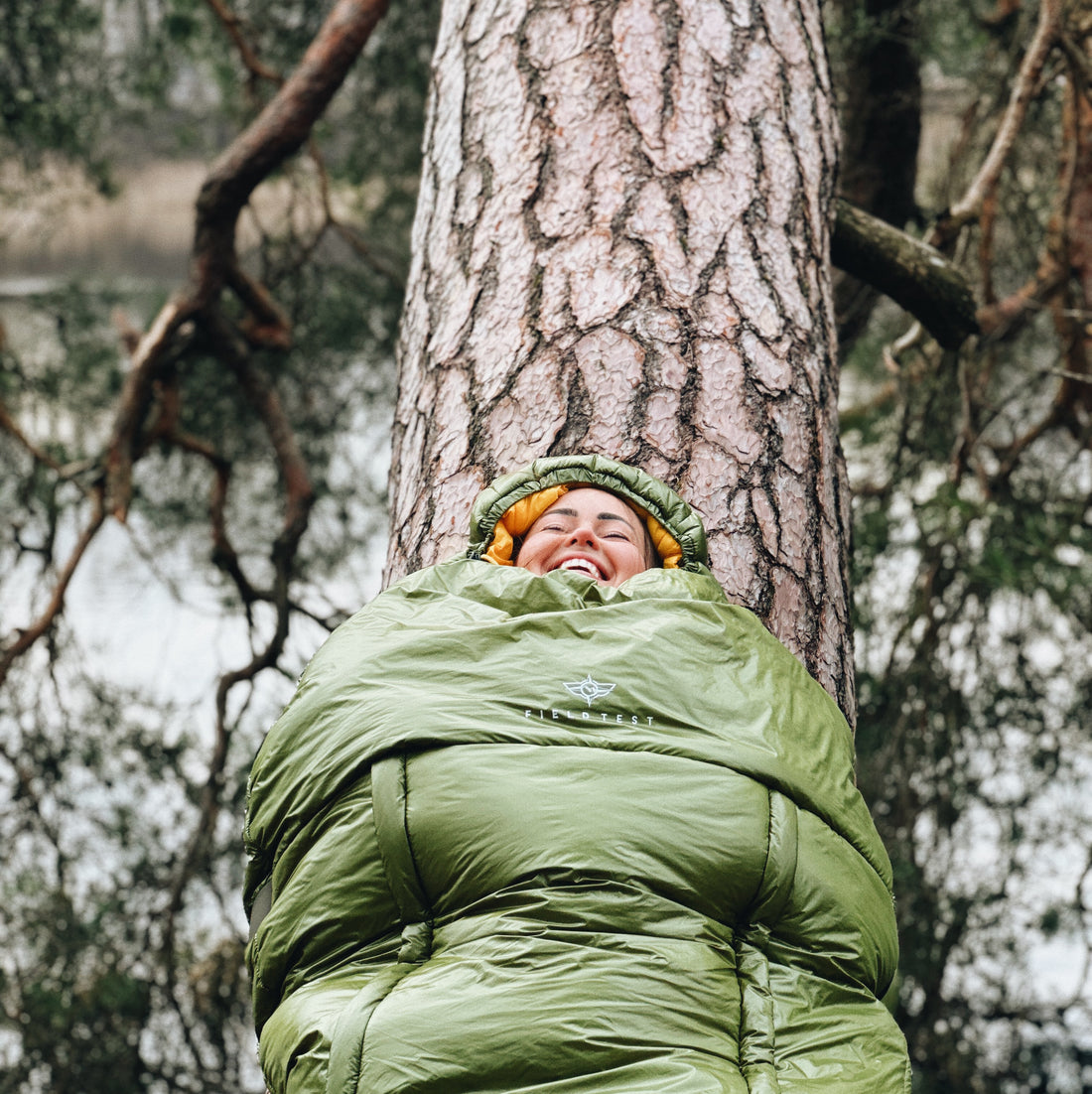A good night's sleep is essential for staying healthy and happy, especially when you're out in the wilderness. That's where a sleeping bag comes in – a must-have for any camping or outdoor adventure. But what makes a sleeping bag perfect for sleeping?
-
The temperature rating of a sleeping bag is one of the most important features to consider when purchasing one. Sleeping bags are rated to indicate the lowest temperature at which they will keep you warm. A good rule of thumb is to choose a sleeping bag rated for temperatures 5-10 degrees Celsius lower than the lowest temperature you expect to encounter.
-
The insulation material used in the sleeping bag determines how warm it will keep you. Synthetic insulation is durable, dries quickly, and insulates well even when wet. Down insulation is lightweight and compressible, making it ideal for backpacking, but it can be expensive and loses its insulating properties when wet.
-
The shape and size of a sleeping bag also affect how well you'll sleep in it. Mummy bags are narrow at the bottom and wider at the top, which minimizes the amount of air inside and helps retain body heat. However, they can feel constricting and uncomfortable for some people. Rectangular bags are more spacious but tend to be heavier and bulkier. Consider your personal preferences and body type when choosing a sleeping bag.
-
Some sleeping bags have features that enhance your comfort, such as a hood to keep your head warm, a draft tube to prevent cold air from entering, and a pillow pocket to keep your pillow in place. Look for these features if you value extra comfort when sleeping outdoors.
-
If you plan to backpack or hike with your sleeping bag, consider its weight and packability. Lighter bags are generally more expensive and less warm than heavier ones, but they are easier to carry. Also, consider how small the bag can compress into to fit in your backpack.
-
Finally, the quality and durability of a sleeping bag are crucial to its overall performance and longevity. Look for bags made from high-quality materials that will withstand wear and tear over time. Check the stitching, zippers, and insulation fill to ensure that they are well-constructed and reliable.
A perfect sleeping bag for sleeping should be warm enough to protect you from the elements, comfortable, and durable enough to withstand the rigors of the outdoors. By considering the factors above, you'll be able to choose the right sleeping bag for your needs and enjoy a good night's sleep wherever your adventures take you.

